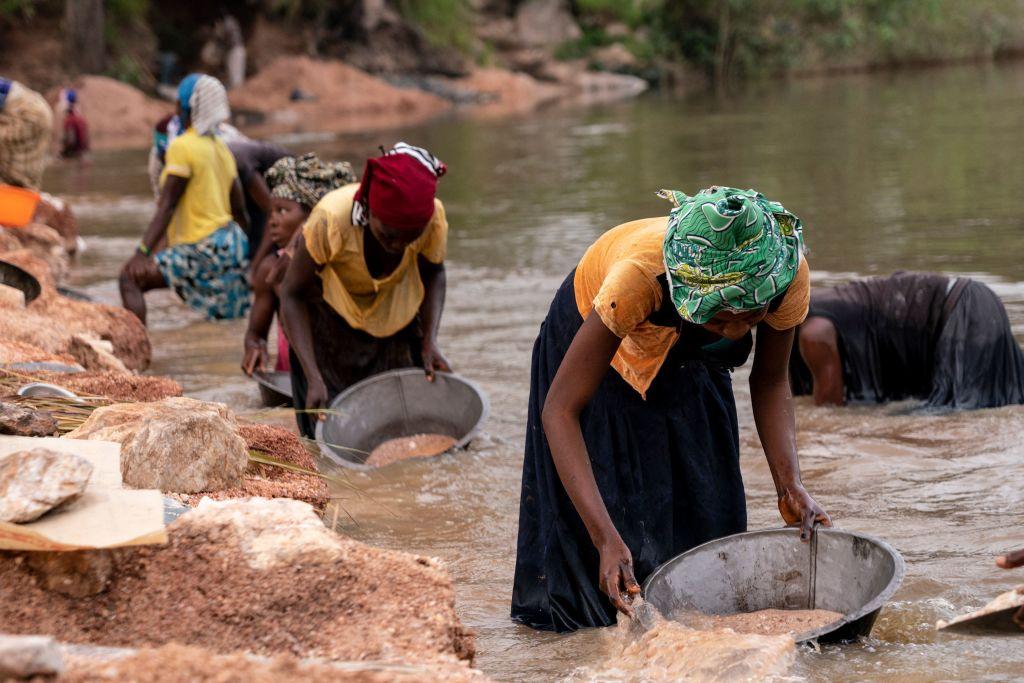The United States has taken a major step toward breaking Beijing’s stranglehold on critical minerals by helping broker a cease-fire in the Democratic Republic of Congo.
Eastern DRC has some of the world’s largest deposits of such minerals, including cobalt, copper, and lithium. These materials have become essential to modern life and future energy security, manufacturing, and defense.





